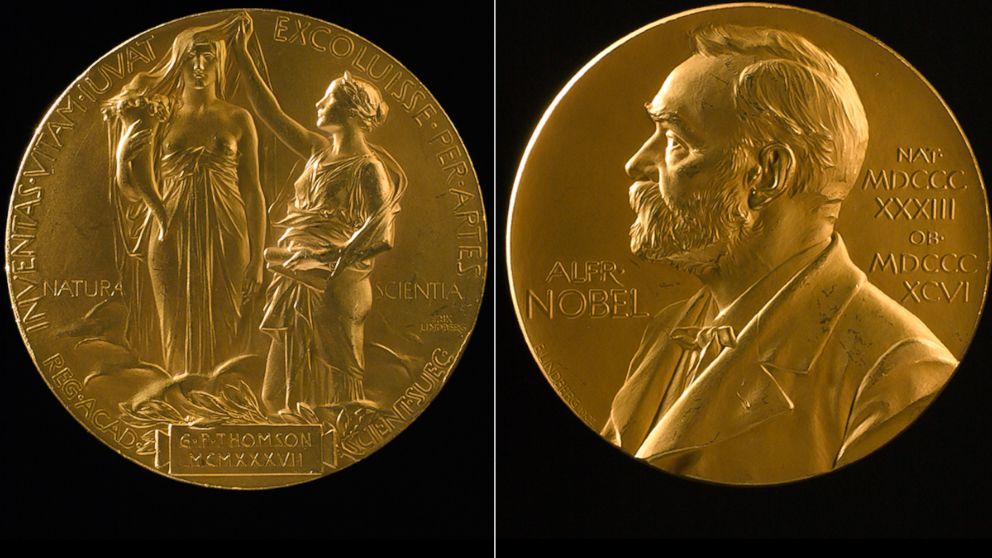5 Nobel Prize Winning Discoveries That Changed Lives
How will this year's winners make the future better?

— -- intro: Some of the world's best and brightest minds will be honored this week with the Nobel Prize.
The series of daily announcements began today with the 2014 Nobel Prize in Physiology or Medicine being awarded to three researchers who discovered a navigation system in the brain that could lead to advancements in diagnosing Alzheimer's disease.
Since it was established in 1901, more than 561 Nobel Prizes have been awarded in areas including physiology and medicine, physics, chemistry, literature, economic science and peace, according to the official website of the Nobel Prize.
Among those winners are a slew of scientific and technological discoveries that have changed the way we live. Here are five Nobel winners whose discoveries made a lasting impact.
quicklist: 1title: Cathode Ray Tubetext: Though Philipp Lenard didn't invent the cathode ray tube, he won the Nobel Prize in Physics in 1905 for his work on the device, which became an integral part of the first television sets. media: 25998151
quicklist: 2title: Insulintext: Frederick Grant Banting and John James Rickard Macleod won the Nobel Prize in Medicine in 1923 "for the discovery of insulin." The discovery of insulin, a hormone that allows for the absorption of glucose, has helped doctors better understand and treat diabetes, allowing millions of people to live normal, healthy lives.media: 25998062
quicklist: 3title: Human Blood Groupstext: The "father of transfusion medicine," Karl Landsteiner won the Nobel Prize in Medicine in 1930 "for his discovery of human blood groups." The Austrian physician's discovery enabled life-saving blood transfusions.media: 25997914
quicklist: 4title: Radioactivitytext: Antoine Henri Becquerel won half of the 1903 Nobel Prize in physics for his discovery of radioactivity. The other half of the prize went to husband-and-wife duo Pierre and Marie Curie for their work researching the phenomena of radiation.
The discovery is used today in the medical world for everything from X-rays to the treatment of cancer. media: 25997692
quicklist: 5title: Carbon-14text: Willard F. Libby's 1960 Nobel Prize of Chemistry discovery helped scientists gather a more precise picture of what the world was once like.
Libby won for a method he discovered that involved using carbon-14, a radioactive isotope of the more common carbon-12, to determine the ages of items in archaeology, geology, geophysics, and other branches of science.
Thanks to his method, we now have a clearer image of what the world looked like thousands of years ago.
media: 25997745



